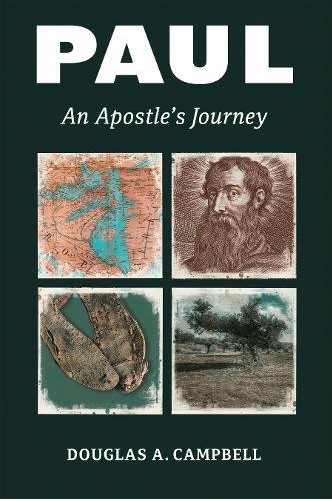 As we described in a previous post (Putting People in their Place), the Roman world was a world shaped by the “honors race,” or the quest for honor and status. What happens when the gospel invades the honors race? What happens, more particularly, when the apostle Paul encounters the Roman honors race with a gospel about a King who was crucified? A radical reshaping of how leadership works — but that’s getting ahead of where we need to go today. Joseph Hellerman, in Embracing Shared Ministry: Power and Status in the Early Church and Why it Matters Today, examines Paul’s ministry and pastoral theology in the context of the Roman honors race.
As we described in a previous post (Putting People in their Place), the Roman world was a world shaped by the “honors race,” or the quest for honor and status. What happens when the gospel invades the honors race? What happens, more particularly, when the apostle Paul encounters the Roman honors race with a gospel about a King who was crucified? A radical reshaping of how leadership works — but that’s getting ahead of where we need to go today. Joseph Hellerman, in Embracing Shared Ministry: Power and Status in the Early Church and Why it Matters Today, examines Paul’s ministry and pastoral theology in the context of the Roman honors race.
What does this approach to Paul say about pastoral leadership? And what does it say about Paul as supposedly “authoritarian”?
First, Hellerman examines how Luke describes Philippi in Paul’s missionary travels (Acts 16) and observes how attentive Luke was to the Roman honors system — and this attentiveness contrasts with other Roman “colonies.” Hellerman’s conclusion is that Luke knew how important honors had become in Philippi. It’s a “colony” (Acts 16:12), and he is very concerned to use proper titles throughout Acts 16.
Second, Hellerman’s big point is the delay by the apostle Paul in informing the authorities — who were punishing and beating Paul and Silas — that he was a “Roman citizen” (Acts 16:37-39). If 40% of the population was a citizen, and if a correlate is that Paul’s converts were at least somewhat citizens, then it is a good question — why the delay? If this is a colony that may well have valued honors and citizenship more than any other Roman colony, it makes sense that the delay is “an utter inversion of Roman social priorities and common attitudes” (115). In a world where those who pretended to be Roman citizens Claudius the emperor executed people for the pretense, it is notable that Paul and Silas pretended not to be citizens!
Third, they were beaten as if they were slaves, and Hellerman contends that Paul describes Jesus — in that famous hymn in Philippians 2:6-11 — as descending to the level of a slave. Hellerman’s contention is that Paul’s experience in Philippi led to how the expressed himself in that famous hymn.
Finally, in Philippians 3:4-6 Paul gives his own Jewish honors race:
If someone else thinks they have reasons to put confidence in the flesh, I have more: 5 circumcised on the eighth day, of the people of Israel, of the tribe of Benjamin, a Hebrew of Hebrews; in regard to the law, a Pharisee; 6 as for zeal, persecuting the church; as for righteousness based on the law, faultless.
Hellerman sees both an ascribed (through Hebrew of Hebrews) and acquired honors (Pharisee on). Paul’s claim to being of a tribe is consistent with the Philippian concern with tribes, but most especially, Paul turned this whole Jewish honors race upside down in vv. 7-8:
But whatever were gains to me I now consider loss for the sake of Christ. 8 What is more, I consider everything a loss because of the surpassing worth of knowing Christ Jesus my Lord, for whose sake I have lost all things. I consider them garbage, that I may gain Christ














